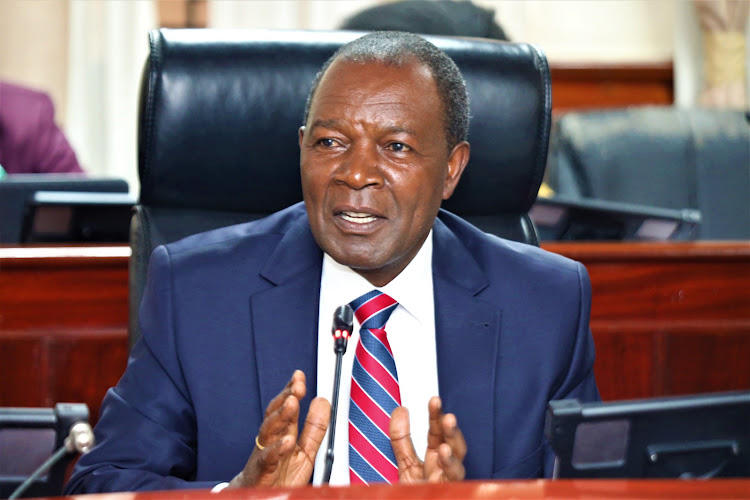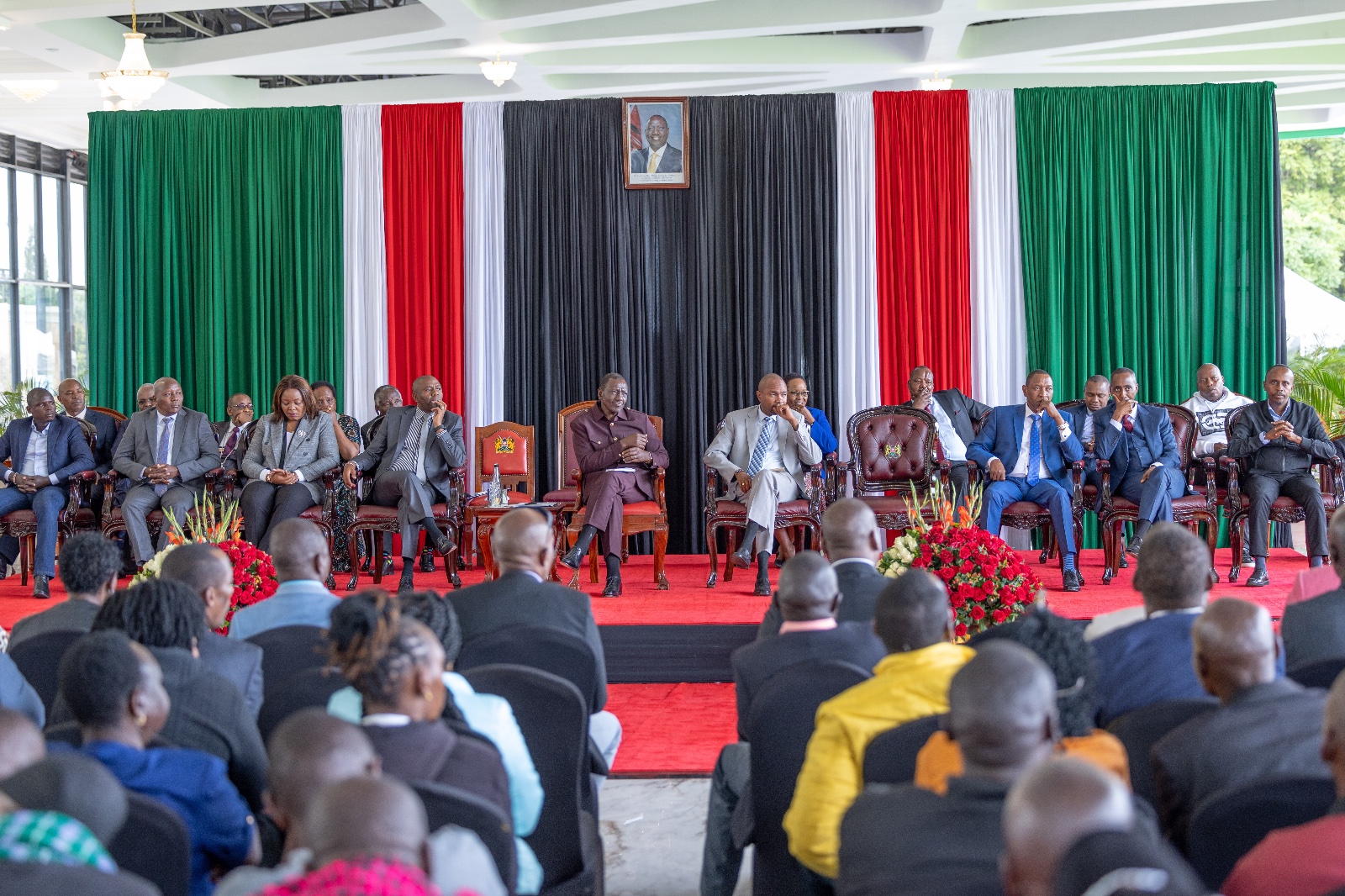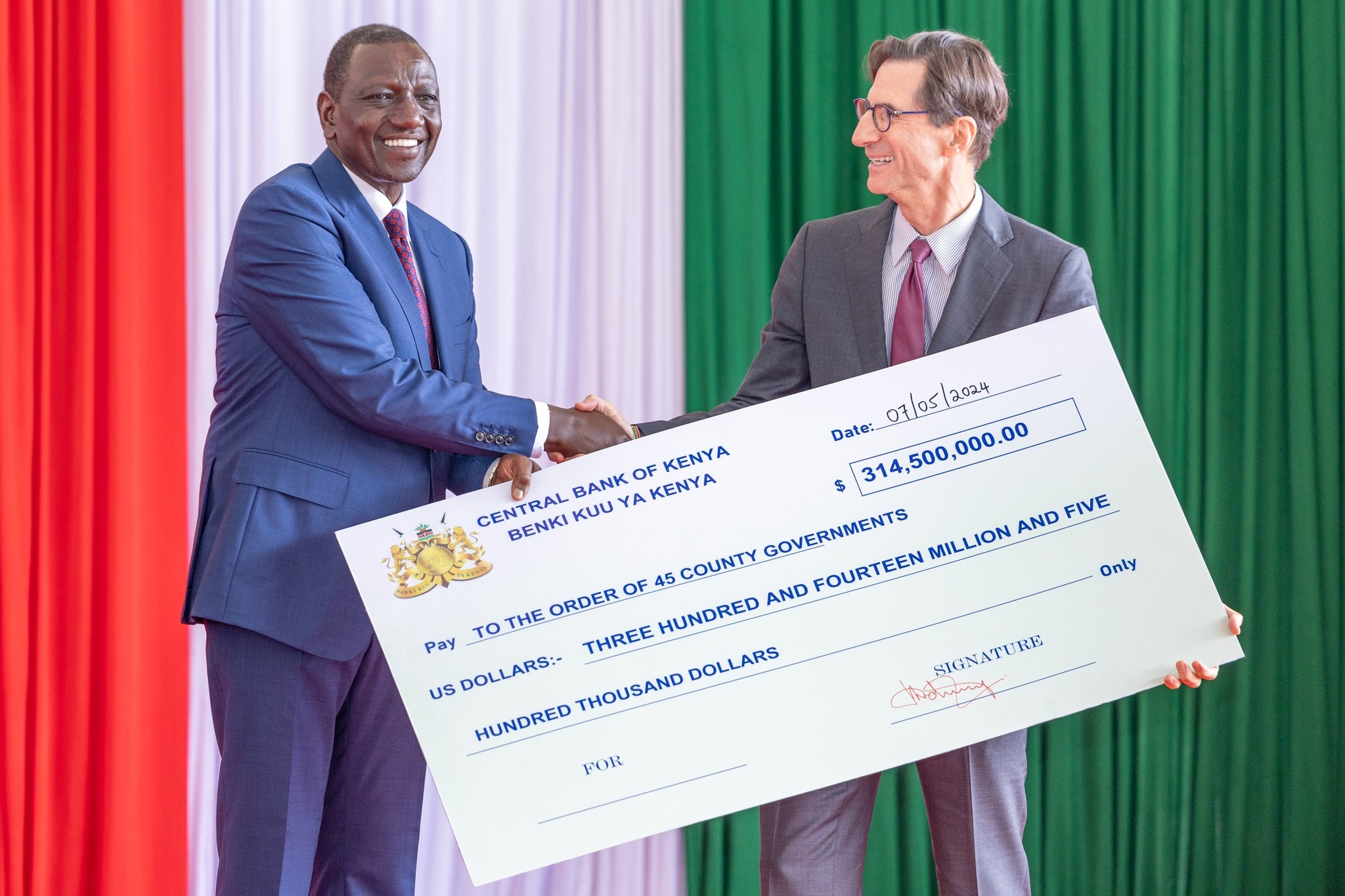
The National Treasury has said that the government-to-government oil import plan helped to ease forex volatilities, disputing contrary claims as carried in a section of media.
In a media statement issued Friday, National Treasury CS Njuguna Ndung’u insisted that the G-to-G arrangement came in to stabilize the macroeconomic environment.
He said it provided an extended credit period for petroleum imports for 180 days compared to the initial 30 days, freeing about 30 per cent of the country’s forex to other sectors of the economy.
“The assertion that the government has admitted failure in the government-to-government approach is a gross misinterpretation.”
He adds that the quoted text in the IMF report specifically addresses the anticipated increase in rollover risk associated with private sector financing, and facilities supporting the arrangement, a predictable outcome given the inherent dynamics of such financial structures.
“As a result, the depreciation of the Kenya Shilling slowed down as demand for US Dollars dropped,” Njuguna said.
He added that the absence of a framework would have sunk the country’s economy at a period when the Federal Reserve rate rose to the highest in 22 years leading to capital flight from many frontier markets and which could have exacerbated the US Dollar liquidity issues and led to rapid depreciation of the Kenya Shilling.
“Since the commencement of the G to G arrangement, the country and the region at large have enjoyed security of supply of petroleum products and there have been no instances of product stock outs as had been witnessed just before the arrangement,” he said.
He added that the country’s supply has always been aligned to demand and no breach of contract has been cited by the international oil companies.
“The G to G arrangement has a clear operational framework that spells out the investment protocol for funds collected from the market and the foreign currency conversion protocol.”
The exchequer says the shortfalls that may result from the foreign currency conversion process at the time of payment for imports are compensated by the interest from investment.
The G-to-G arrangement was initially planned to run for nine months from April 2023 but was later extended by 12 months after an evaluation of the macroeconomic environment towards the end of the initial period.
“The National Treasury re-affirms the importance of the G-to-G arrangement to the country’s economy and hereby assures all concerned stakeholders of full Government support until the obligations in the current contracts are extinguished,” Njuguna said.






